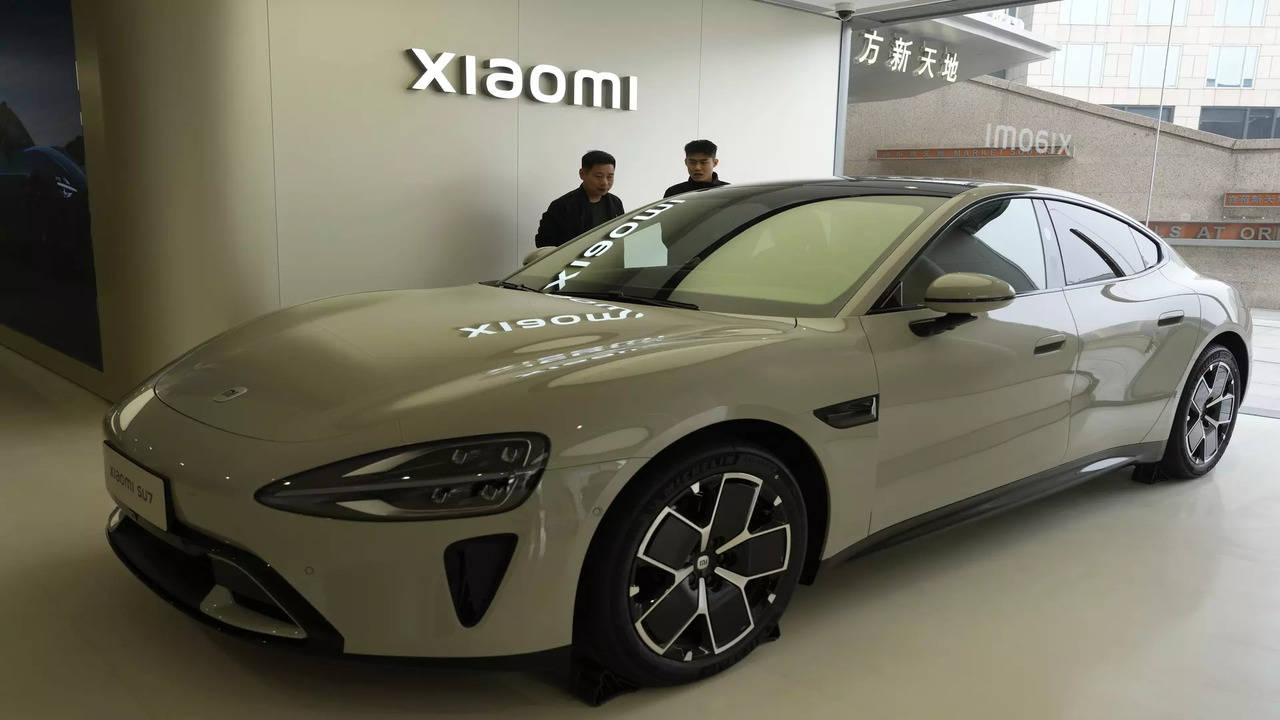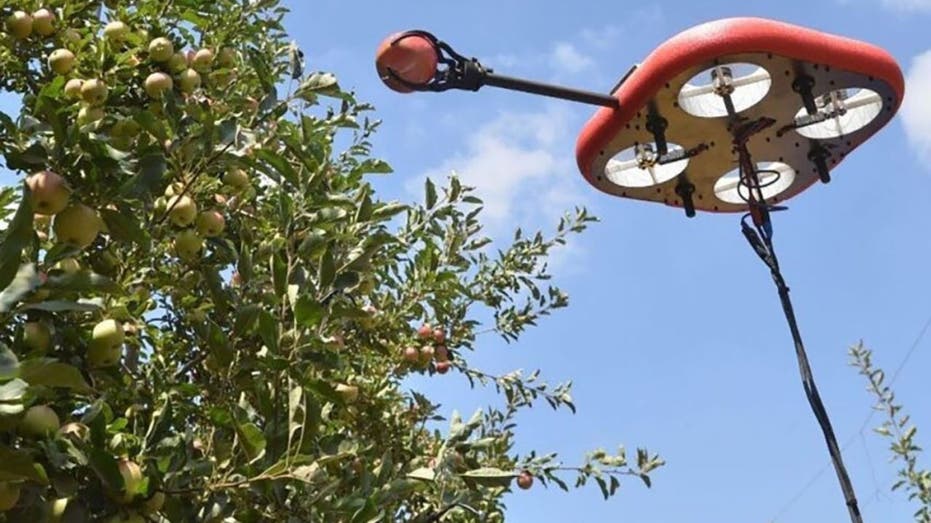- TECHSWU
- Posts
- TECHSWU
TECHSWU


Xiaomi's ambitious plans to rival Tesla in the electric vehicle (EV) market faced a significant halt after a tragic accident involving its SU7 sedan, leading to the postponement of the YU7 SUV launch. The incident, which resulted in three fatalities, has sparked an investigation and raised alarms about the safety of Xiaomi's autonomous driving technology.
Initially set for a June debut, the YU7's release is now uncertain, further complicating Xiaomi's $10 billion push into the highly competitive EV sector. This setback resonates deeply, as investor confidence wanes with Xiaomi's shares plummeting over 20% since March.
While the SU7 saw strong early demand, this accident has brought increased regulatory scrutiny, compelling the company to rethink its strategies amid growing challenges. As it navigates this turbulent road, Xiaomi's future in the EV landscape remains decidedly precarious.


Instagram has just launched an exciting new app called "Edits," designed specifically for creators and positioned as a fierce competitor to TikTok's CapCut. Available for free on iOS and Android, Edits empowers users to craft professional-looking videos for Reels, featuring advanced tools like AI-driven animations, green screen swaps, and precise subject cutouts.
Not only is it packed with creative editing capabilities, but it also includes project management tools that help creators plan and track their video concepts. Instagram's head, Adam Mosseri, emphasized that Edits is tailored for serious creators, offering a broader range of options compared to casual editing apps.
As the social media landscape heats up, users can look forward to future updates that promise even more innovative features, including collaborative editing.

The Academy of Motion Picture Arts and Sciences has officially declared that the use of generative AI tools in filmmaking will not influence a film’s chances of winning an Oscar. In a groundbreaking update to its eligibility guidelines, the Academy emphasized that it will assess films based on the human creative input involved, rather than penalizing or rewarding films that utilize AI.
This decision comes amidst the rising role of AI in Hollywood, highlighted by the Oscar-winning film The Brutalist, which used AI for voice enhancements. While there were talks of requiring filmmakers to disclose AI use, the Academy opted against that move, marking a significant acknowledgment of AI in the industry.
As AI becomes more integrated into filmmaking, this ruling opens the door for future innovations while ensuring that human creativity remains at the forefront of artistic recognition.

Meet Lucy Guo, the unstoppable entrepreneur who's set to take the title of the world’s youngest self-made woman billionaire, overtaking Taylor Swift. At just 30, Guo has amassed a fortune of $1.25 billion, primarily from her co-founding of Scale AI, a startup now valued at around $14 billion, with projections soaring towards $25 billion. Raised by immigrant parents in California, Guo's tech journey started early, coding at just seven years old.Despite pushing past skepticism about women in tech, she thrived—interning at Facebook, becoming Snapchat's first female designer, and launching her next venture, Passe, to empower content creators.

In a world where technology often bridges communication gaps, it can ironically trigger arguments among couples! A recent study of 2,000 adults revealed the top ten tech-related tiffs, with phone usage during meals taking the crown. Volume battles over music and TV followed closely behind, while disagreements about gadget clutter and improper dishwasher loading also sparked domestic disputes.
Surprisingly, 13% of respondents even contemplated breaking up over a tech squabble! Young couples (ages 18-24) are notably prone to phone-related arguments, while older couples clash over volume control. With nearly 75% of participants acknowledging that managing household technology effectively strengthens relationships, many turn to online resources or seek expert advice when tensions flare.

Exciting news from the energy world! Researchers at Princeton University’s Dincă Group have unveiled a revolutionary sodium-ion battery that utilizes a groundbreaking organic cathode material called bis-tetraaminobenzoquinone (TAQ). This innovation addresses the limitations of traditional sodium-ion technology, making it a strong contender against lithium-ion batteries.
With sodium being abundant and more sustainable, this battery could drastically change the landscape for electric vehicles and renewable energy.
TAQ's unique properties enhance energy density and electrode performance, paving the way for mass production and integration into various applications, from electric vehicles to data centers.
As industries pivot toward sustainability, this breakthrough offers a cleaner, cost-effective energy storage solution that could benefit both the environment and consumers. The future of energy storage is looking brighter and more sustainable, ushering in a new era of efficiency.

Robotic and drone technology is revolutionizing the fruit-picking industry, making harvests faster and more efficient. Tevel’s Flying Autonomous Robots (FARs) are leading the charge, employing AI and advanced computer vision to selectively harvest ripe fruits while minimizing damage to trees.
These drones can work around the clock, providing real-time data to farmers about each fruit's size and ripeness, ultimately cutting labor costs by up to 30%. Meanwhile, UC San Diego's experimental GRIP-tape gripper aims to provide a gentler handling solution for delicate produce.
Although still in development, this innovative approach could reshape post-harvest processes in the future. As technology continues to evolve and integrate in agriculture, the potential for smarter, more sustainable farming grows, raising questions about the balance between innovation and job preservation.